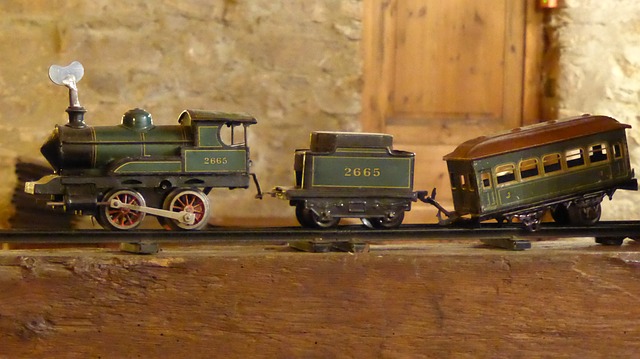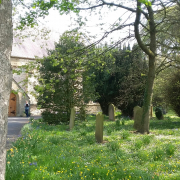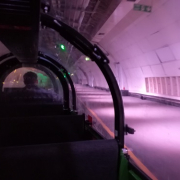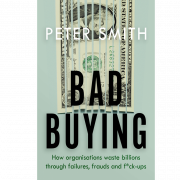Should HS2 Go Ahead At All? Business Case Now Even Weaker…
So the eastern arm of the high-speed rail programme HS2 from London up to Leeds, has been cancelled. Well, what a surprise. The biggest money pit dug in the UK for a long, long time has become too deep even for this spendthrift government. As Construction News reported,
“The eastern leg of HS2 phase 2b between Birmingham and Leeds has been scrapped by the government as part of its Integrated Rail Plan (IRP) for the Midlands and the North. The cost-cutting on HS2, which the government estimates will save around £18bn, was unveiled … by transport secretary Grant Shapps alongside pledges to upgrade local and intercity rail links in the regions. The £96bn investment package will cut journey times between many towns and cities, and increase the capacity of the rail network, Shapps said”.
I wrote here and here about HS2, with some thoughts on why huge programmes fail and how it sometimes seems that everyone involved with such programmes has an incentive to mislead the public – and often some of the decision makers – about the true costs.
Most of the press commentary about the recent decision has focused on the “betrayal” of the north of England and what this means to the Prime Ministers supposed “levelling up” agenda, which is aimed at spreading wealth from the south of England to the north. But surely a bigger question is whether the rest of HS2 should be going ahead, given the costs and a business case that look weaker and weaker as time goes by. I pointed out a year ago that the initial business case was, in effect, a fiddle or a fix, designed to justify the programme. As I said then:
“The business case for HS2 was always highly questionable. It relied on ascribing a value to the extra 20 minutes or so the passengers would have because of their somewhat faster journey from London to Birmingham. It assumed that the journey time was “wasted” from a benefit point of view, which is clearly not true (have they never heard of smartphones or laptops?), and also assumed that passengers wouldn’t use the extra 20 minutes by staying in bed a little longer!”
Now the new issue of Private Eye magazine has pointed out that the initial business case also made it clear that the whole programme would only offer value for money if it was all completed. The full benefits of “Northern Powerhouse Rail”, some of which is still going ahead, were also conditional on the HS2 leg to Leeds.
Private Eye also points out that economic growth in the UK has been slower than the figures used in the 2015 business case, which reduces the return further. And of course, the pandemic has driven a major drop in rail usage, and it is far from clear at the moment whether pre-Covid traffic levels will return, given what appears to be a seismic change in working habits and the growth of hybrid home /office working patterns.
So we are now in the crazy situation where the government is subsidising existing rail companies and lines by billons a year because of the lower levels of usage, whilst spending £60+ billion on the western arm of HS2. Think what that money could do to improve the creaking railway system in the north of England, the trans-Pennine routes, commuter services into Manchester, Liverpool or Leeds, getting Sunderland connected properly… I am not anti-rail, I should say, but I do not believe HS2 is a good use of public money in such huge quantities.
I also have doubts about the HS2 programme’s ability to avoid Bad Buying in terms of how it spends money with suppliers, but that’s another issue altogether!








Leave a Reply
Want to join the discussion?Feel free to contribute!